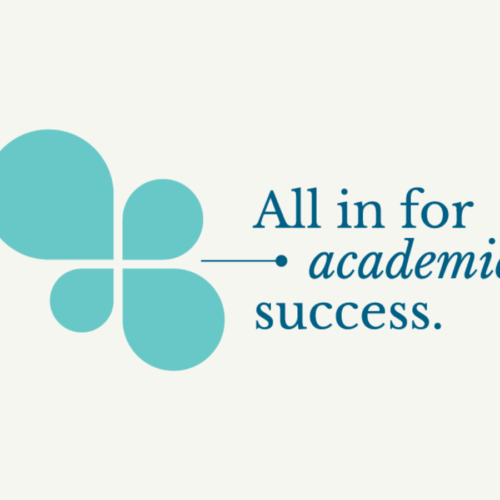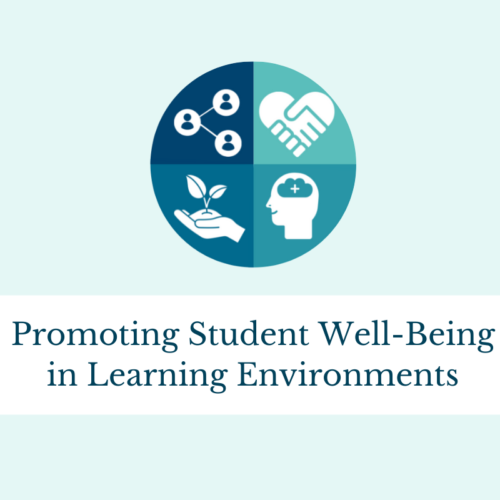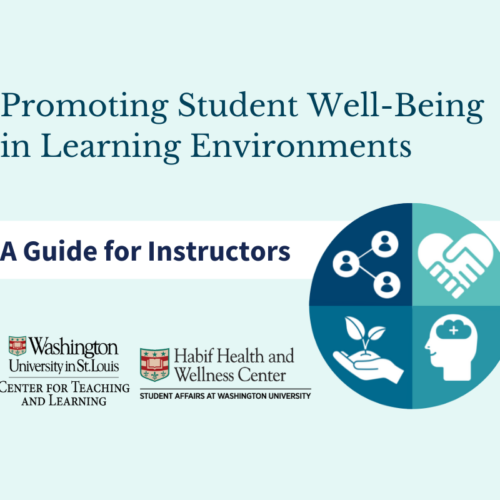Strategies for Embracing Culturally Responsive Teaching
“Being culturally responsive is a critical and necessary feature of our interactions with one another. It is also vitally important in the context of education,” writes educators Meena Singhal and Sudeepa Gulati in a recent Faculty Focus post. Culturally responsive teaching “empowers students intellectually, socially, emotionally, and politically by using cultural referents to impart knowledge, skills, and attitudes” (Ladson-Billings, 2014). The pair outline different strategies for embracing this approach in the classroom.
Strategies include getting to know students individually; being aware of one’s personal biases; transforming pedagogy and curriculum by including material that reflects the diversity of the students in the classroom, using inclusive pedagogy, and utilizing multiple assessments; respecting and reinforcing student culture; and involving family and the community in the academic lives of students.
Read more about the different techniques here.





